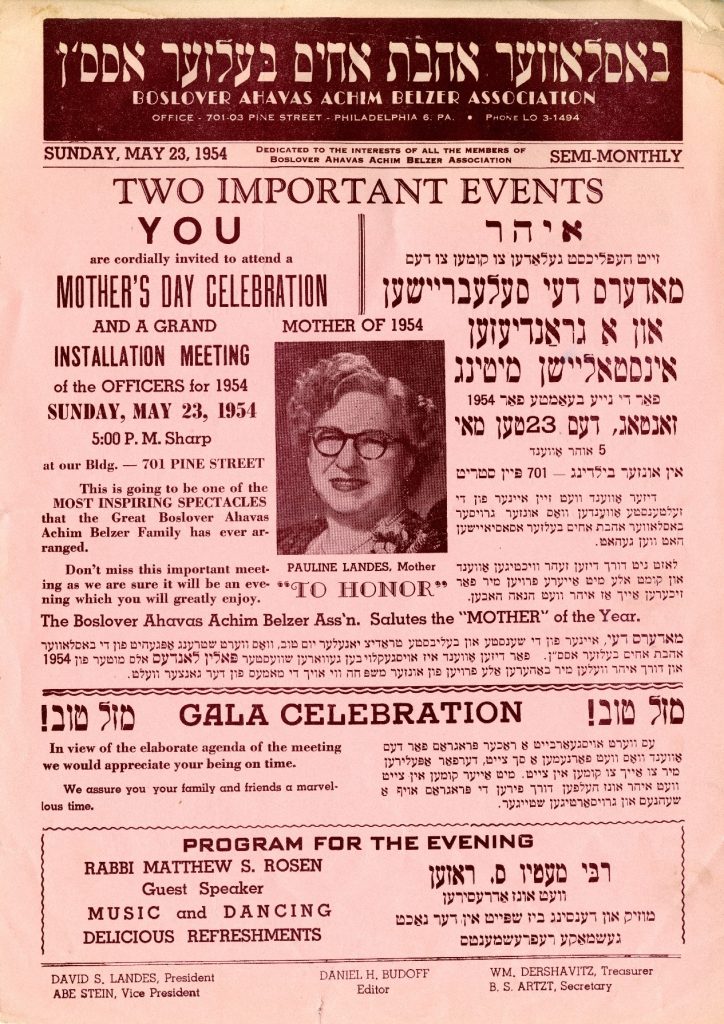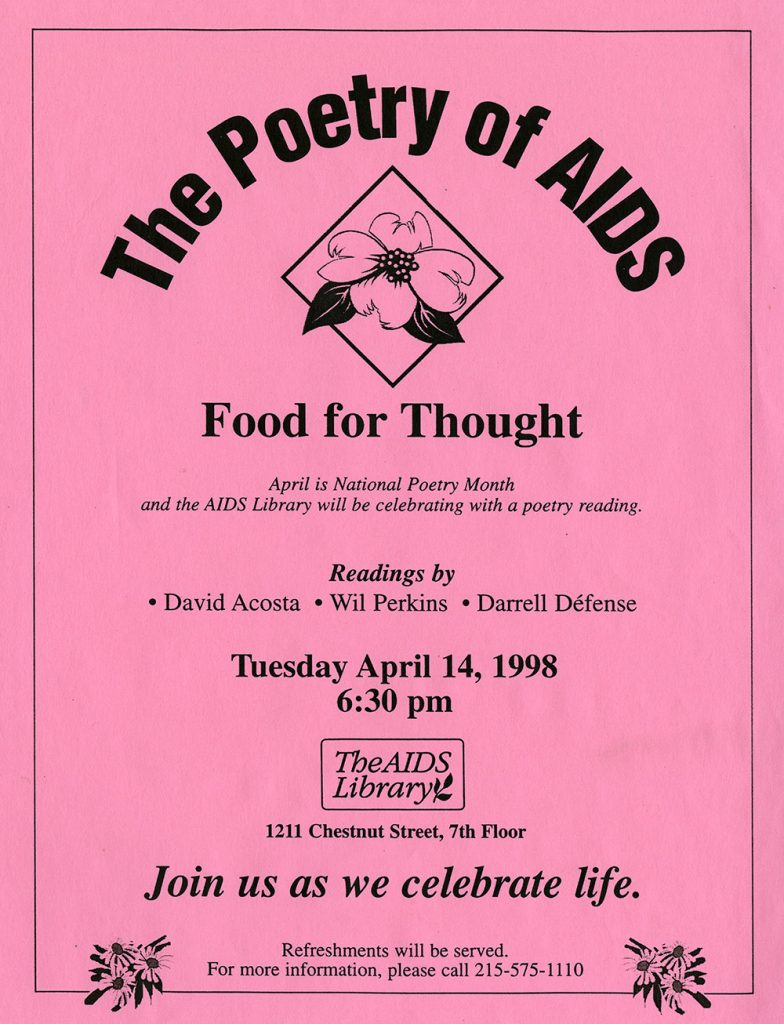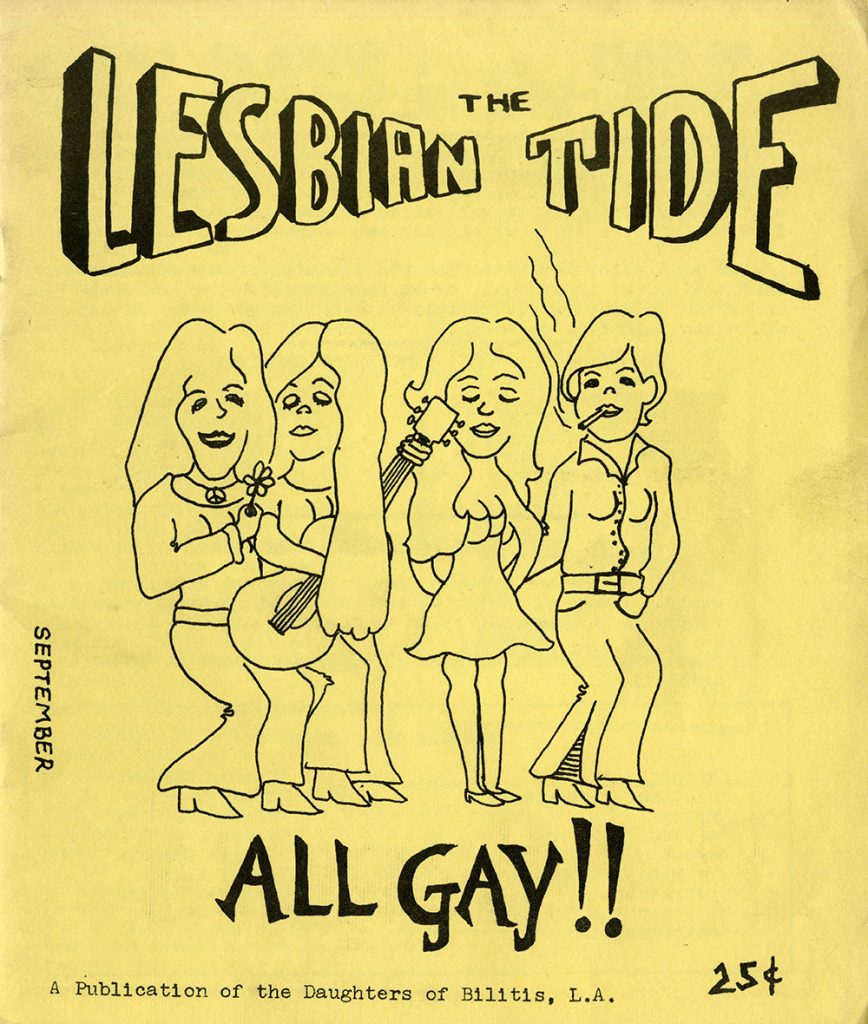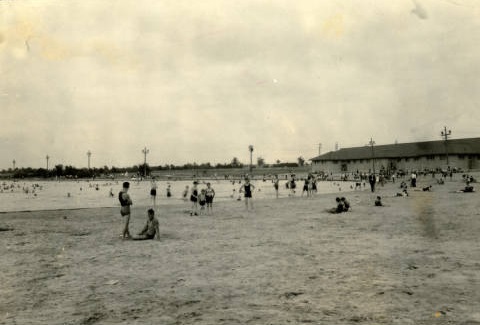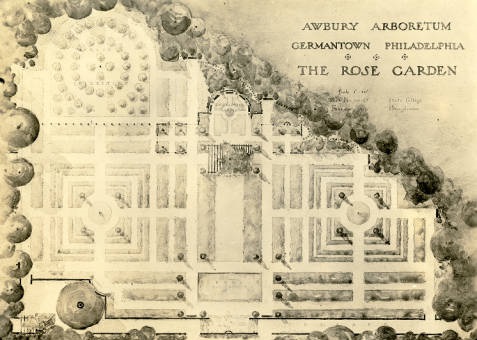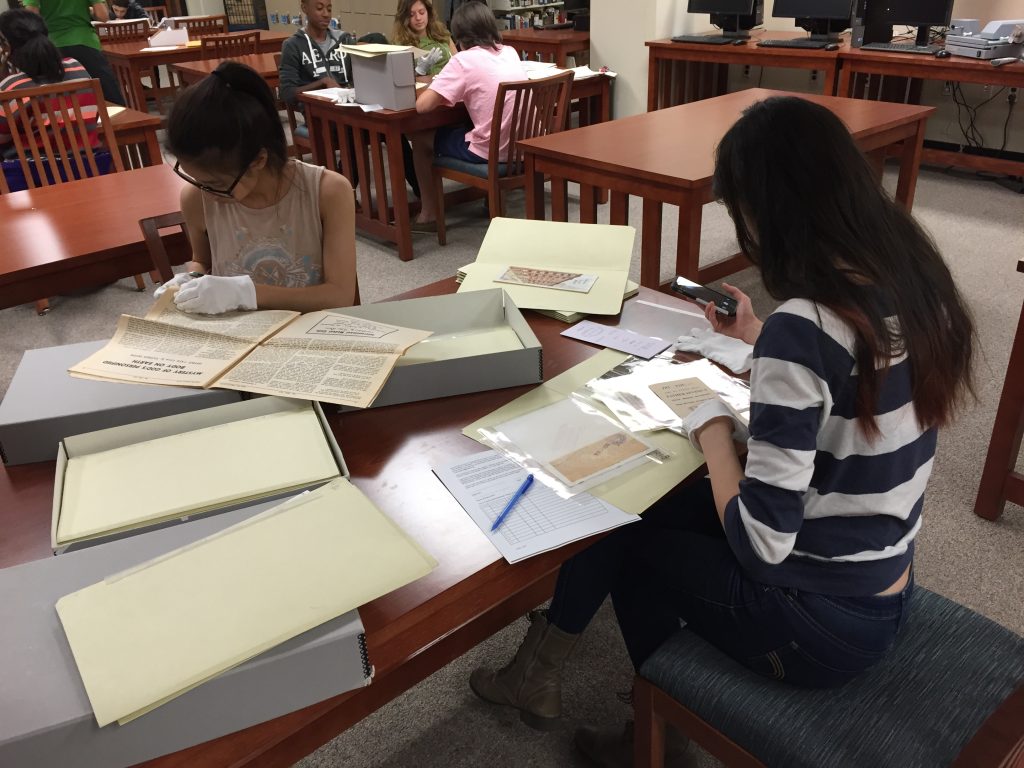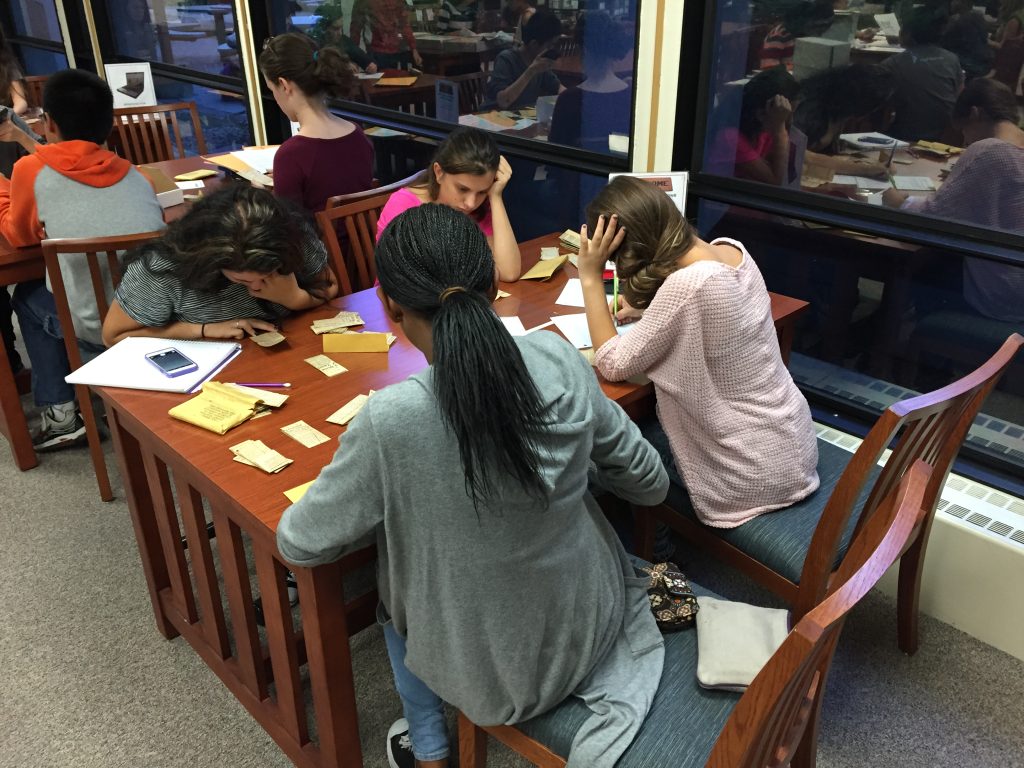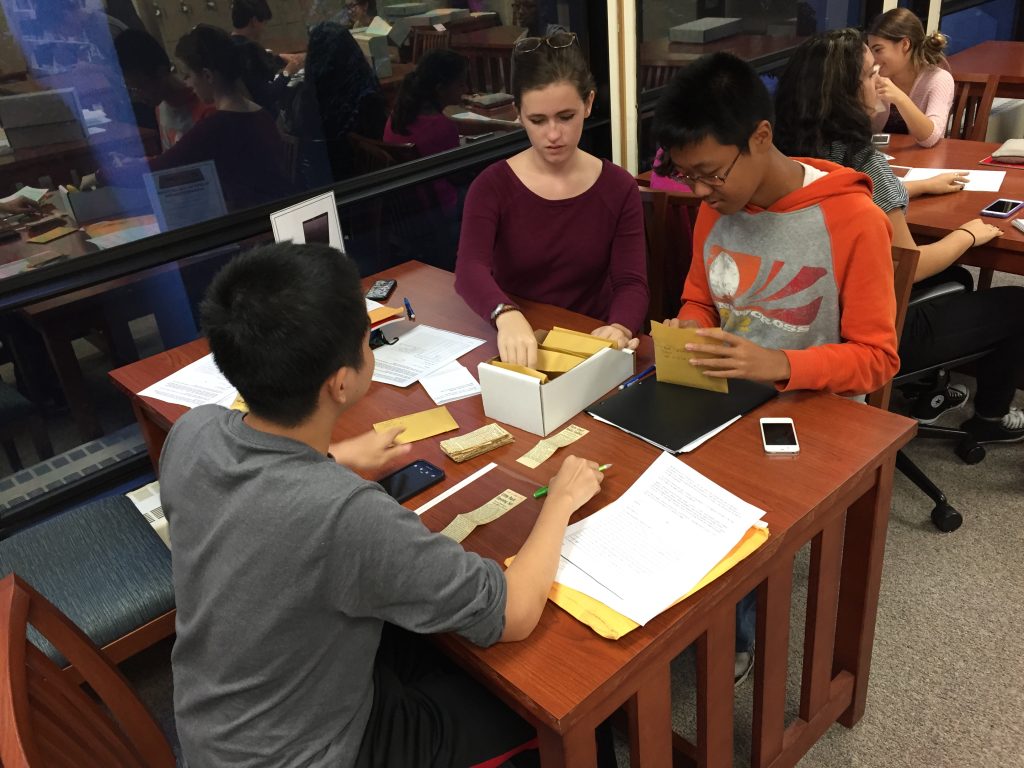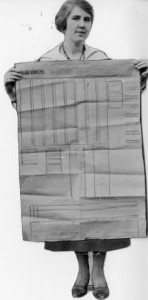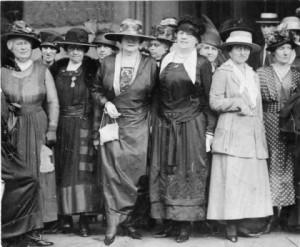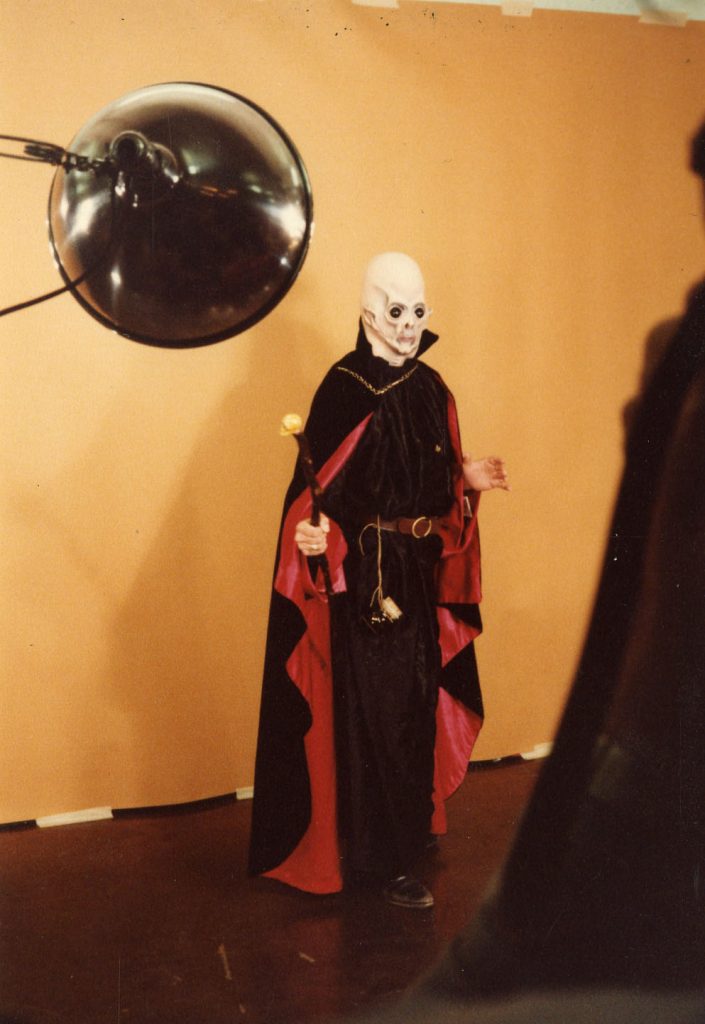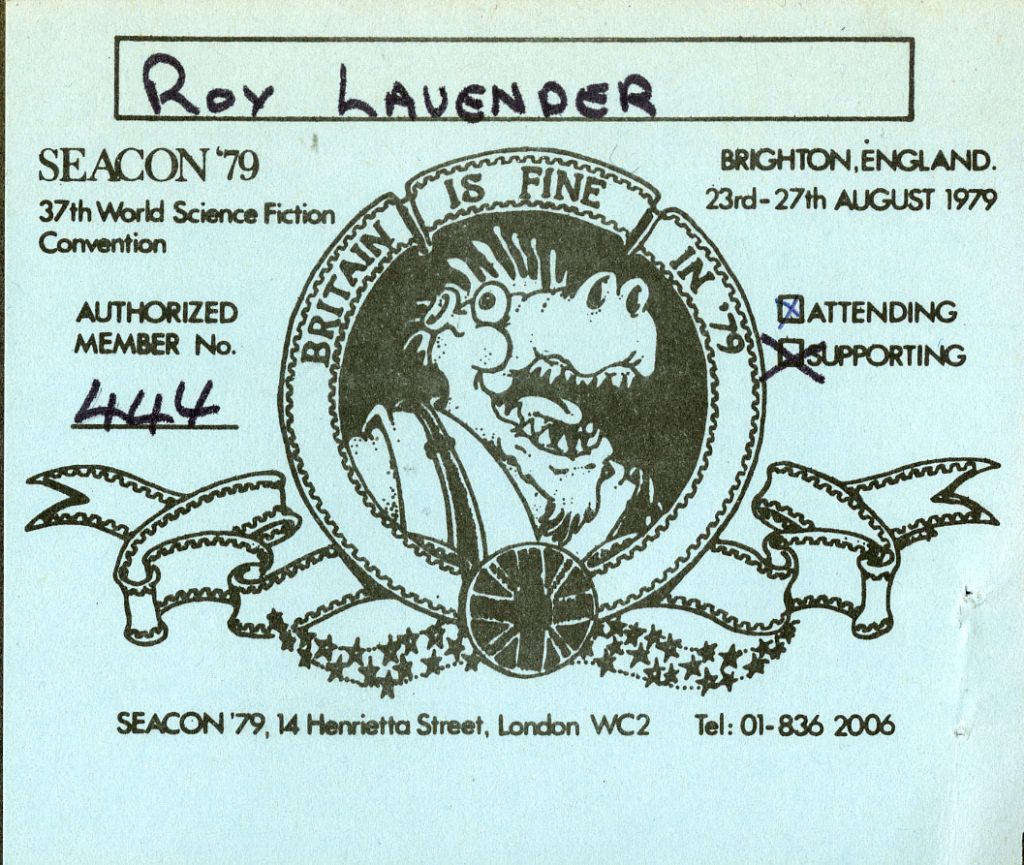Since the late 1940s, Philadelphian Philip Taylor has been taking photographs of his environment—Philadelphia as it was in the intervening decades. His painstakingly-processed silver gelatin prints illuminate Walt Whitman Bridge construction, the homeless, pre-gentrification Society Hill, the Camac baths, the Philadelphia neighborhoods of South Philadelphia, Northeast Philadelphia, and East Poplar, Atlantic City, and Philadelphia residents—both anonymous and famous—as well as his travels to Israel, the Canary Islands, and Cuba.
Philip Taylor attended local public schools in South Philadelphia. In 1943, during his junior year in high school, he dropped out to help support his family after his father died suddenly while working at the Philadelphia Navy Yard. Taylor worked as a civilian in the Navy Department in Center City Philadelphia—in the mail room located next to the photography department. Drafted into the United States Army in 1944, Taylor served until 1946 at various stateside bases.
After the war, Taylor apprenticed as a union tradesman in the lithographic printing industry in Philadelphia. For the next twenty-five years, he worked the night shift as a master lithographic cameraman making half-tone negatives and color separations for the print medium at Mid-City Press, one of the largest commercial printers in Philadelphia. Taylor also taught at the Philadelphia Lithographic Institute and holds two United States Government patents, one in the medical field and another in the lithographic field. He also invented two devices related to the lithographic printing industry. Working full time, Taylor photographed his environment using a Rolleiflex 3.5F TLR camera and a Leica 35mm camera, and frequently stayed up until dawn developing negatives into photographic prints.
Temple University Libraries are grateful to Mr. Taylor for his donation of his life’s work. It will serve as a resource in the Special Collections Research Center for study and research. Please join us for a reception celebrating his work, February 26, 4:00 – 7:00, Paley Library Lecture Hall. The exhibit is on view on the ground and first floors and mezzanine of Paley through August 2016.
–Margery Sly, Director of Special Collections
We mourn the passing of Phil Taylor on October 29, 2021, and rejoice that his vision of Philadelphia and the world is preserved through his photography.




